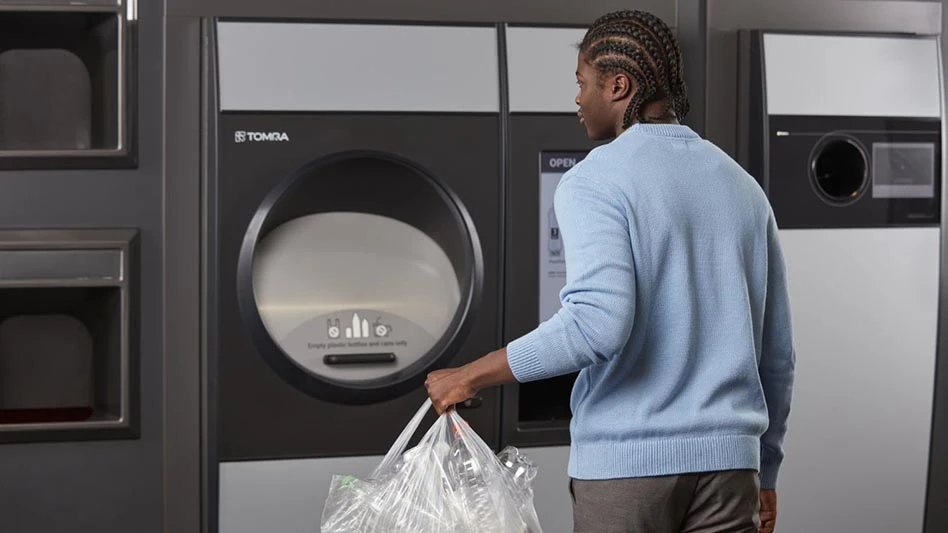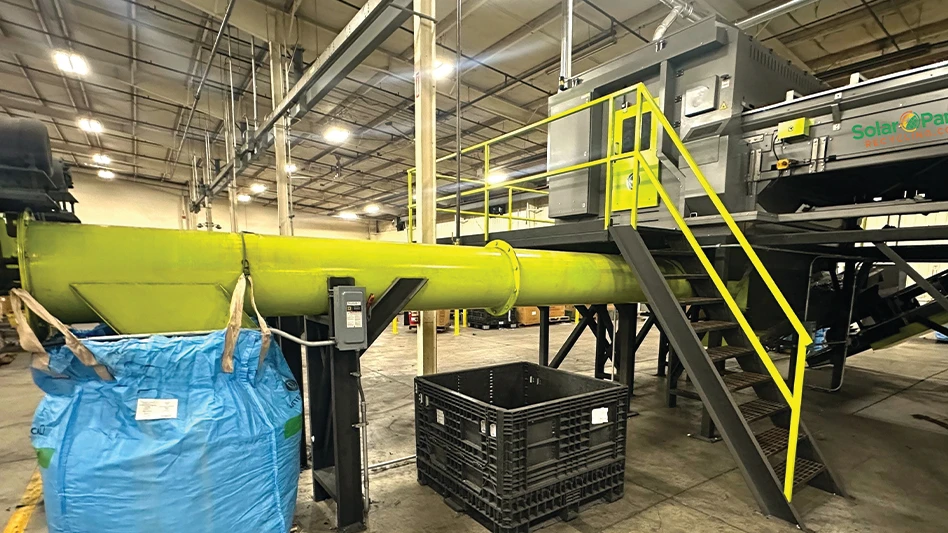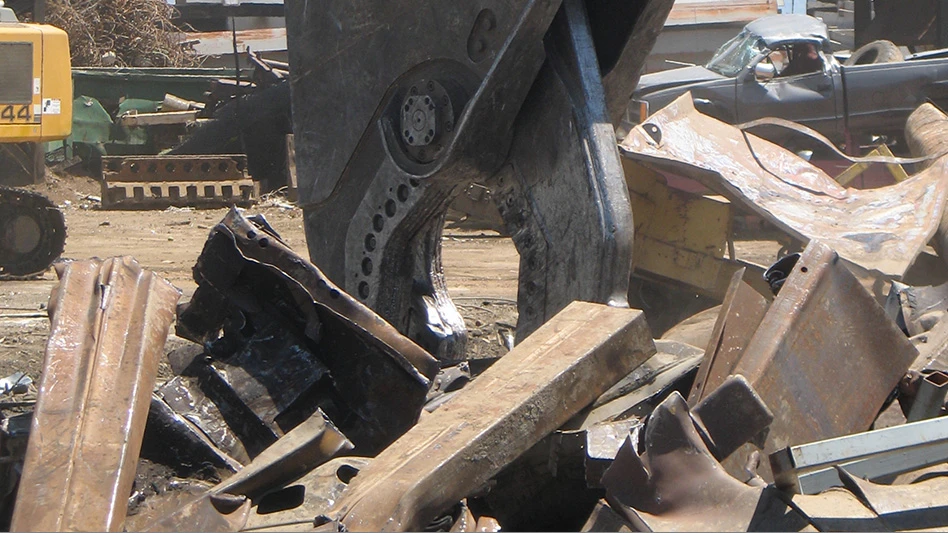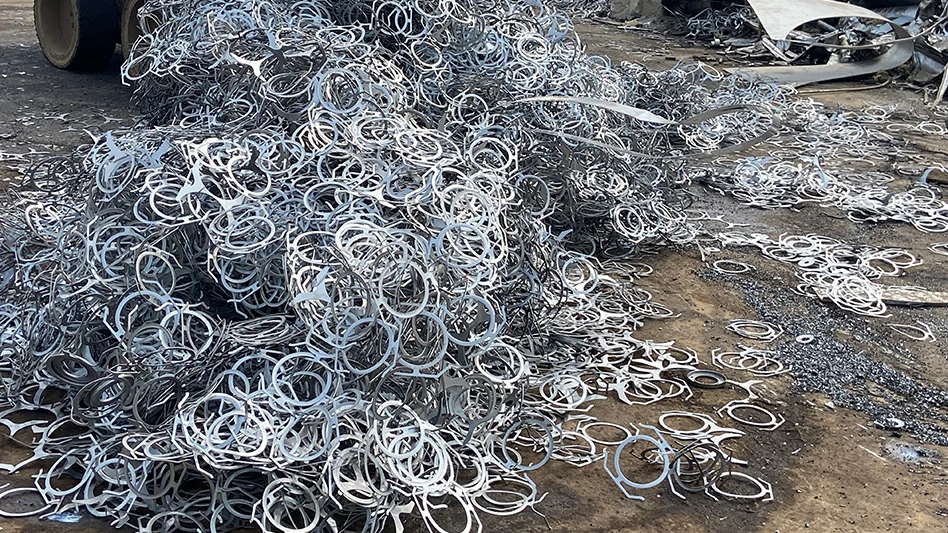
Photo courtesy of Tomra Collection
The Washington-based R Street Institute, a think tank that works in support of free markets and "limited, effective government,” has issued a report backing the use of bottle bills, or deposit-return systems (DRS). The same report also recommends continued investments in chemical recycling, or advanced recycling.
The institute concludes that no single-use case of plastics offers an easy opportunity for material substitution, and that policy aimed at reducing plastic pollution would benefit from a shift in focus to plastic waste management and recyclability.
“Policies like prohibiting specific uses are unlikely to make much of a difference in the country’s plastic utilization," R Street says.
Coincidentally, the R Street report was published the same day the United Nations Environment Programme, an agency that in the past has backed plastic-related bans and restrictions, issued its own report backing increased spending on recycling collection and sorting systems in nations with developing economies.
R Street says the United States has relatively low levels of mismanaged plastic waste and plastic pollution, but notes that “substantial concerns" still exist regarding plastic utilization and potential plastic leakage.
The report by R Street senior fellow Philip Rossetti says three key opportunities to reduce plastic heading to landfills involve: the expansion of DRSs, which would incentivize more plastic recycling; support for advanced recycling practices that may reduce both plastic pollution and air pollution from plastics production; and updates to labeling and guidance on recyclability claims to give consumers better information as to what products are recyclable and how they can be used after recycling.
Regarding DRS expansion, R Street says the systems work exceedingly well at bolstering recycling rates. States with DRSs have an average polyethylene terephthalate (PET) bottle recycling rate of 55.7 percent, compared to 16.1 percent in states without a DRS, according to R Street.
The institute says its research has found that despite critiques that a DRS functions as a tax and reduces consumption, states with a DRS experience a higher consumption of materials eligible for redemption— indicating minimal economic impact on product consumption. Residents of DRS states also tend to prefer DRSs over other recycling mechanisms, the research says.
“Individuals are financially motivated to recycle," R Street says of states with a DRS. "This captures a larger share of recycling opportunity and, importantly, allows consumers to voluntarily determine the value of recycling versus other forms of waste disposal.”
In terms of chemical recycling, R Street calls the technology “relatively nascent,” and says few municipalities have made funding decisions in favor of them.
“The federal government already facilitates grants from the U.S. Environmental Protection Agency aimed at reducing air and water pollution, improving environmental education, and supporting environmentally relevant research,” Rossetti says. “Because there is little published information applicable to the advanced recycling industry in general, this is an area in which EPA grants can improve understanding and target opportunities to improve efficiency and reduce pollution.”
Another effort R Street supports involves improving product labeling and other means of recyclability education.
“One challenge regarding recycling has been inconsistent (and often misleading) labeling of products produced from recycled materials and their recyclability,” it says.
Regarding Federal Trade Commission (FTC) Green Guides, Rossetti writes, “Because consumers generally prefer to buy recycled or ‘green” products,’ producers have an incentive to meet Green Guide criteria.
“[However,] one issue with existing Green Guides is that labeling a product as recyclable does not indicate the utility of the recoverable materials and may imply a nonexistent circularity of materials. For example, while Styrofoam containers are often labeled with the green ‘chasing arrows’ symbol for recyclability, the material is not as easy to recycle as similarly labeled items like PET bottles or aluminum cans—and it cannot always return to its original use.”
The current Green Guides, according to R Street, do not spell out these sorts of distinctions even though customers would likely find them valuable when determining their product preferences, with the institute saying, “Many customers are willing to pay a premium for products that are friendlier to the environment."
Latest from Recycling Today
- Argentina to allow scrap metal exports
- LME expresses satisfaction with its 2024 activity levels
- Institute urges increased focus on copper recycling
- Volvo CE dealership in Canada changes hands
- Takeuchi adds Southwestern US manager
- McNeilus unveils fully integrated, electric front-loading collection vehicle
- CalRecycle releases SB 54 updates as new year begins
- Regenx receives funding from the National Research Council of Canada Industrial Research Assistance Program





